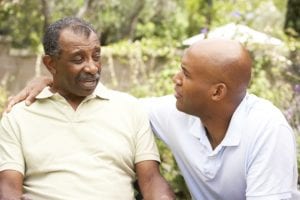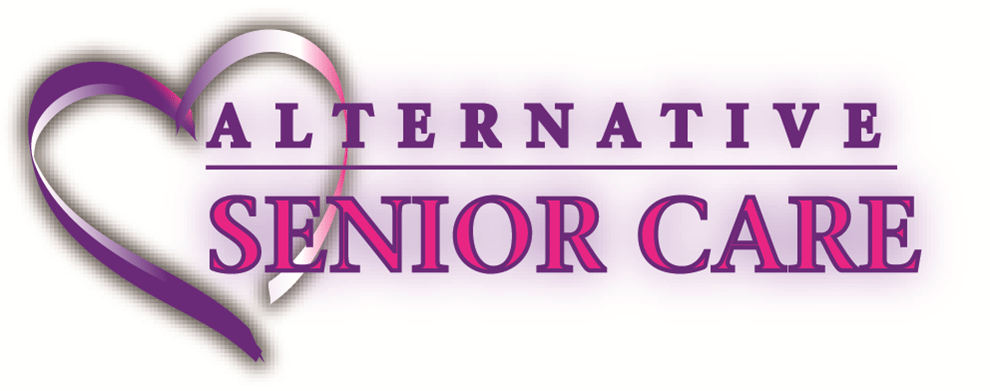Cases of Whooping Cough on the Rise

Senior Care Holdingford MN: Cases of Whooping Cough on the Rise
Whooping cough, or pertussis, has made a comeback in the United States. Back in the 1970s and 1980s, annual cases of whooping cough totaled less than 2,000 nationwide. By 2012, the number had exploded to around 48,000 cases. Although you may think of it as a condition that only affects children, it can also affect older adults. It can be a serious condition since it can lead to pneumonia and dehydration if it isn’t treated promptly. Recognizing whooping cough may help you to get treatment for your aging relative before complications can develop.
About Whooping Cough
Whooping cough is a kind of respiratory illness that is extremely contagious. It gets its name for the signature sound of its cough. A person with the illness will experience episodes of severe, hacking coughing. When the coughing subsides, and the person takes a deep breath, they make a high-pitched sound that sounds like “whoop.”
Children are typically vaccinated for whooping cough. As a result, it is an illness that occurs mostly in babies who are too young to have been vaccinated. It also occurs in older adults whose immunity has worn off. In addition to having the potential for serious illness in your aging relative, it is also a condition that they can pass on to their grandchildren, especially infants. Though whooping cough is seldom fatal, when it is, it is usually babies that die.
Symptoms of Whooping Cough
Whooping cough usually starts out looking like a common cold. In addition to the usual runny nose, your family member might also have a slight cough and low fever. The symptoms usually show up between 5 and 10 days of the person being exposed to the virus. However, it can take up to 3 weeks for symptoms to start. If not treated, after 1 or 2 weeks the symptoms may also include:
- Coughing that results in vomiting.
- Coughing that makes the person red or blue in the face.
- Extreme fatigue.
Although the “whoop” noise is characteristic of whooping cough, not everyone will experience it. Sometimes adults will only have a persistent cough.
If your aging relative has not received a recent vaccination, talk to their doctor about whether or not they should have one. If a vaccination is needed, senior care can offer transportation to the doctor’s office. When an older adult does get whooping cough, a senior care provider can assist them during the illness. A senior care provider can make sure they drink plenty of liquids to avoid dehydration. Senior care can also allow the older adult to rest while they handle chores around the house, like cleaning and cooking.
If you or an aging loved-one are considering Senior Care in Holdingford, MN, please contact the caring staff at Alternative Senior Care today. Providing Home Care in Central Minnesota and Surrounding Communities. Call us Today (320) 352-3350.
Sources
https://www.webmd.com/children/news/20181227/whopping-numbers-on-whooping-cough
https://www.parentgiving.com/elder-care/whooping-cough-outbreak-seniors-at-risk/
https://www.mayoclinic.org/diseases-conditions/whooping-cough/symptoms-causes/syc-20378973
https://www.cdc.gov/pertussis/about/signs-symptoms.html
- Helping Seniors Manage Tinnitus - May 21, 2025
- Why Are ADLs and IADLs Significant for Seniors? - May 8, 2025
- How Senior Home Care Helps Seniors Live a Fuller Life - April 18, 2025

